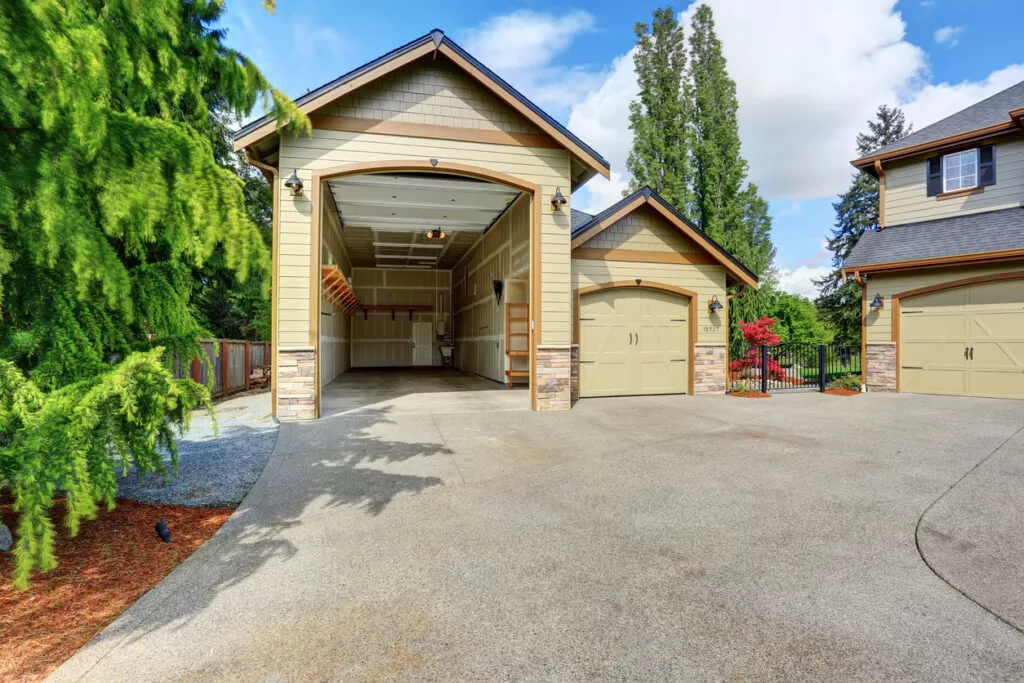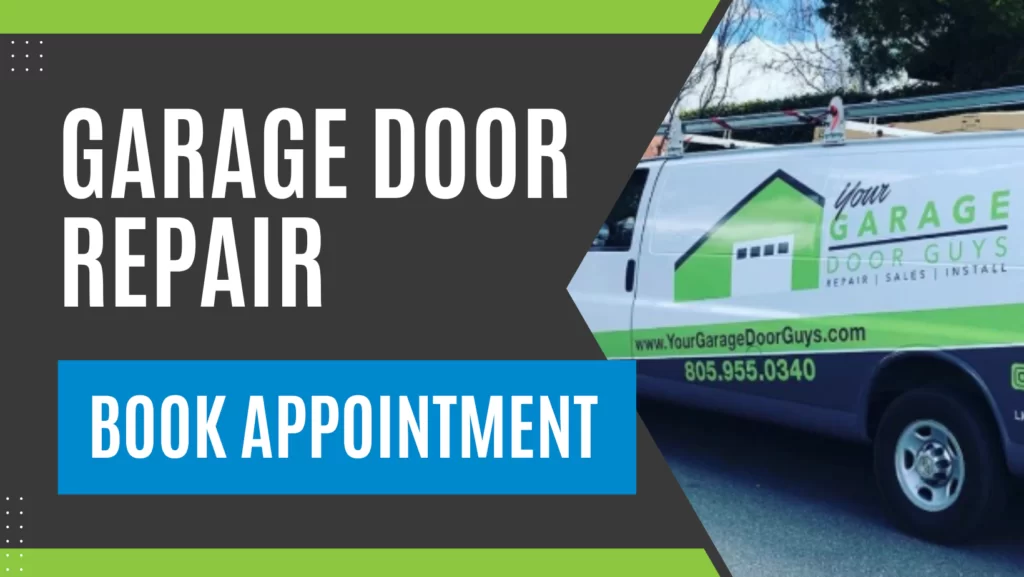Is your garage door not closing all the way? A garage door may not close fully due to misaligned sensors, obstructions in the door’s path, damaged tracks, worn-out springs, or issues with the opener’s limit settings. Electrical problems or malfunctioning remote controls can also be causes. Regular maintenance and inspections can help identify and resolve these issues promptly.
A garage door not closing all the way can be a frustrating and potentially unsafe issue.
You might find yourself wondering if it’s a simple fix or if you’ll need professional help. Understanding the reasons behind this problem can save you time and money.
This article explores the reasons for a garage door not closing all the way.
Why Is My Garage Door Not Closing All the Way?
Is your garage door not closing all the way? This can pose security risks and leave your belongings exposed to the elements.
Various factors, from simple obstructions to more complex mechanical issues, could be at play. Identifying the exact cause is crucial for ensuring the door operates correctly and safely.
Here are some reasons why your garage door might not be closing all the way:
Common Causes of Incomplete Closure
Several common issues can prevent a garage door from closing completely.
These range from sensor problems to physical obstructions and mechanical malfunctions.
Understanding these causes can help you troubleshoot and potentially fix the problem yourself or decide when to call a professional.
Misaligned Sensors
Garage doors are equipped with safety sensors that prevent them from closing if something is in the way.
These sensors, usually located near the bottom of the door tracks, must be aligned correctly to function. If they become misaligned due to dirt, debris, or a slight knock, they may send false signals to the opener, causing the door to stop short of closing all the way.
Checking the sensor alignment and cleaning any dirt or debris around them can often resolve this issue. If the sensors are damaged, they might need replacement.
Obstructions in the Door’s Path
One of the most straightforward issues to check is whether something is blocking the garage door’s path.
Even small objects or debris can trigger the safety mechanism, preventing the door from closing all the way. Regularly inspecting and clearing the area around the door tracks can help maintain smooth operation.
Be sure to look for any small items or buildup that might not be immediately obvious.
Damaged Tracks
The tracks guide the garage door as it opens and closes. If these tracks are bent or damaged, they can impede the door’s movement, stopping it from closing all the way.
Inspecting the tracks for any signs of damage and ensuring they are properly aligned can often solve this problem. Sometimes, a gentle tap with a rubber mallet can realign a minor bend, but severe damage might require professional attention.
Worn-Out Springs
Springs play a critical role in the operation of a garage door.
Over time, these springs can wear out or break, leading to issues with the door not closing all the way. If you notice a gap in the spring or hear a loud noise when the door operates, it might indicate a broken spring.
Replacing garage door springs is dangerous and should be done by a professional to avoid injury.
Opener Limit Settings
The garage door opener has limit settings that control how far the door travels when opening and closing.
If these settings are incorrect, the door might not close all the way. You can usually adjust the limit settings using the controls on the opener unit.
Refer to your opener’s manual for specific instructions on adjusting the limits to ensure the door closes completely.
Electrical Issues
Electrical problems can also cause a garage door to stop short of closing all the way. Faulty wiring, power surges, or issues with the garage door opener itself can interrupt the electrical signal, leading to incomplete closure.
If you suspect an electrical problem, it is best to consult a professional technician who can safely diagnose and repair the issue.
Remote Control Malfunctions
Sometimes, the problem lies with the remote control rather than the door or opener.
A weak or dead battery, interference from other electronic devices, or a need to reprogram the remote can prevent the door from closing all the way.
Checking the battery, ensuring the remote is correctly programmed, and minimizing electronic interference can resolve these issues.
Professional Garage Door Repair
If your garage door is still not closing all the way after troubleshooting, it may be time to call in the professionals.
At Your Garage Door Guys, we offer expert garage door repair services to ensure your garage door operates smoothly and safely. Our skilled technicians can quickly diagnose and fix any issues, saving you time and stress.
Contact us today for reliable and efficient garage door repair.
Conclusion
A garage door not closing all the way can be due to various factors, from sensor misalignment to electrical issues. By understanding these common causes, you can troubleshoot the problem more effectively. However, for complex issues or when in doubt, professional help is always the best option to ensure safety and functionality.


